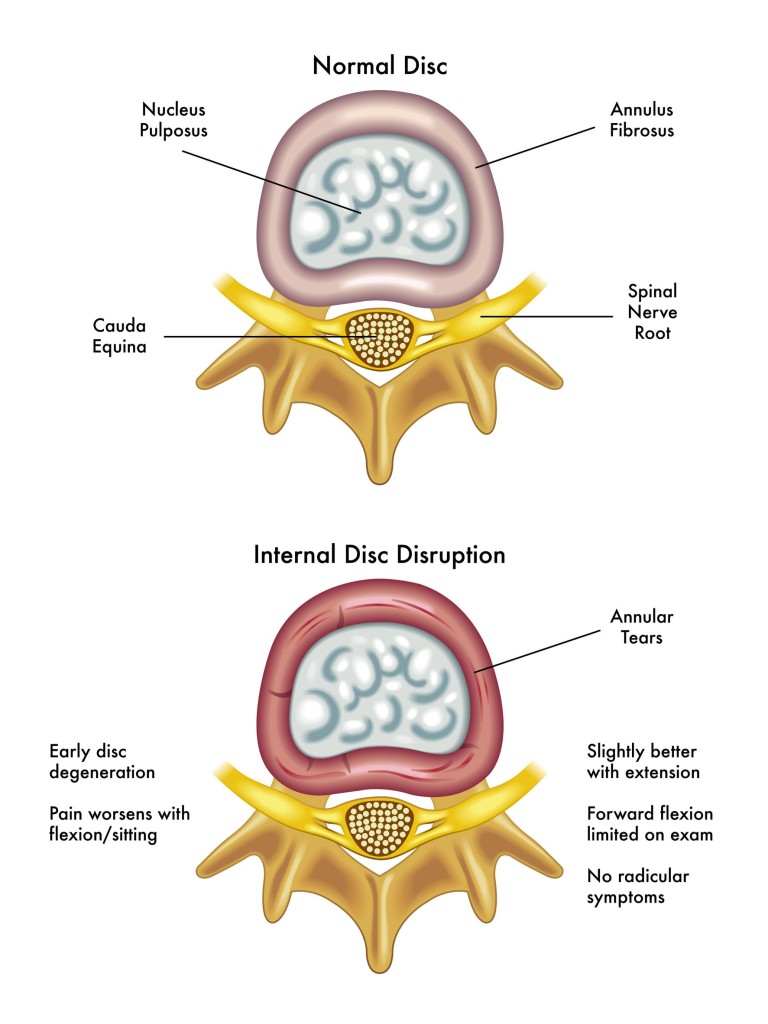Cauda Equina Syndrome – A Rare Spinal Condition
Category: Spine | Author: Stefano Sinicropi
 Cauda equina syndrome is a relatively rare spinal condition in which certain specific spinal nerves are severely compressed. The condition requires immediate medical attention to avoid paralysis. The topic of this article is Cauda Equina. We are going to define what it is, what causes it, and how to successfully treat it.
Cauda equina syndrome is a relatively rare spinal condition in which certain specific spinal nerves are severely compressed. The condition requires immediate medical attention to avoid paralysis. The topic of this article is Cauda Equina. We are going to define what it is, what causes it, and how to successfully treat it.
What is Cauda Equina?
The cauda equina is a grouping of nerve roots located at the tail end of the spinal cord. This bundle of nerve roots is responsible for transmitting sensory signals from the brain to the lower half of the body (and vice versa). Cauda equina syndrome is a rare and painful condition of the spine that typically calls for immediate surgery. When these nerves are severely compressed, they can potentially sustain permanent damage. Permanent paralysis in the worst case scenario. That’s why immediate treatment is essential.
Cauda equine syndrome can be caused by any of the following:
- Bulging or herniated disc
- Spinal Tumor
- Spinal Stenosis
- Fracture of the vertebra
Early detection of this condition is essential. Symptoms can include any of the following: bladder or bowel issues, any loss of feeling in the legs or buttocks, and extreme pain in the back or lower extremities. A hallmark symptom of cauda equine syndrome is “saddle anesthesia”, where a patient has numbness over the areas that would touch the saddle if one were sitting on a horse; the inner thighs, groin, and possibly farther down the legs.
Addressing Cauda Equina Syndrome
Cauda equina syndrome is a gravely serious condition that requires emergency surgery. There are no conservative treatment options with this condition. The surgery is necessary to free up the pinched nerves and prevent paralysis in the patient. If the condition is not caught quickly enough, and there has already been permanent nerve damage, the only treatment options are aimed at coping with the paralysis, pain, and other issues.
If you are experiencing any of the symptoms of cauda equina syndrome, seek medical attention as soon as possible to treat the condition before it does permanent damage.